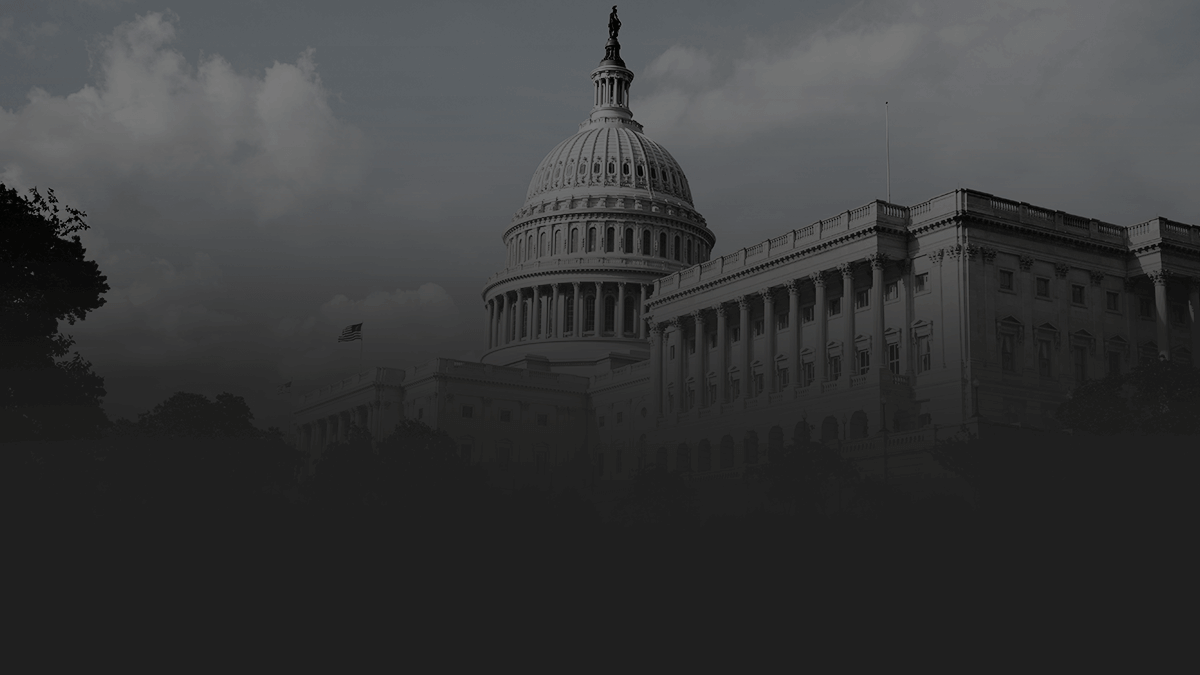Protect Our Care Statement on Idaho Medicaid Expansion Ballot Question Success

Washington, D.C. - After Idaho health care advocates announced that they have collected more than…
ashoupApril 30, 2018

